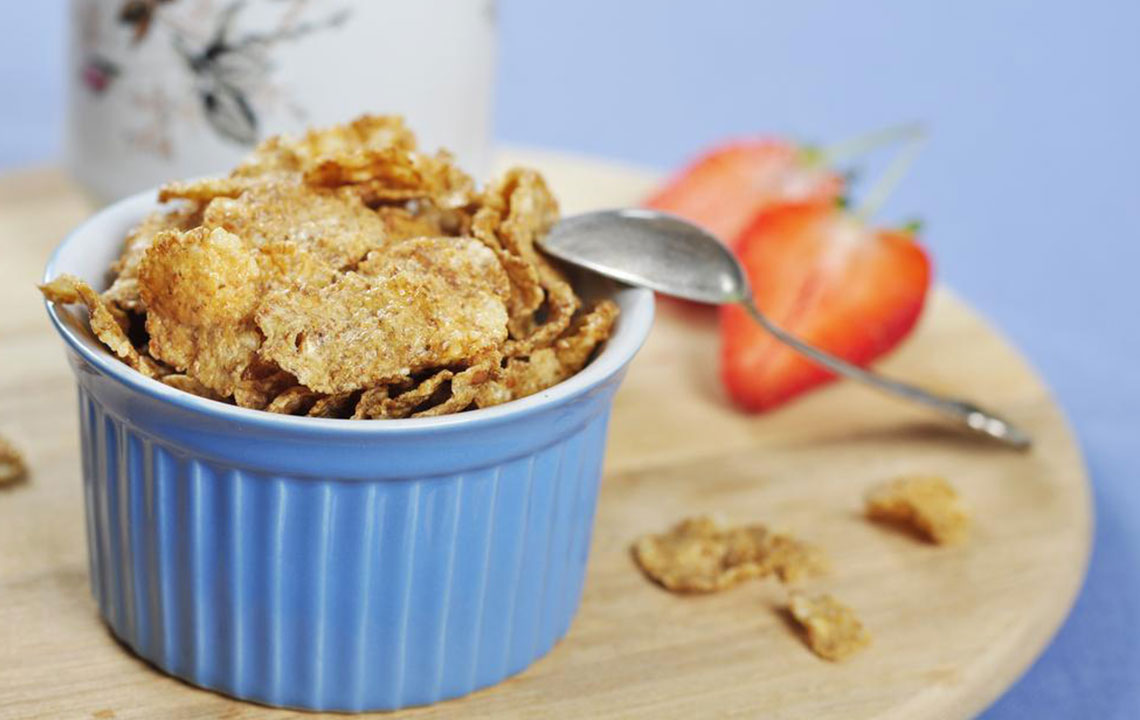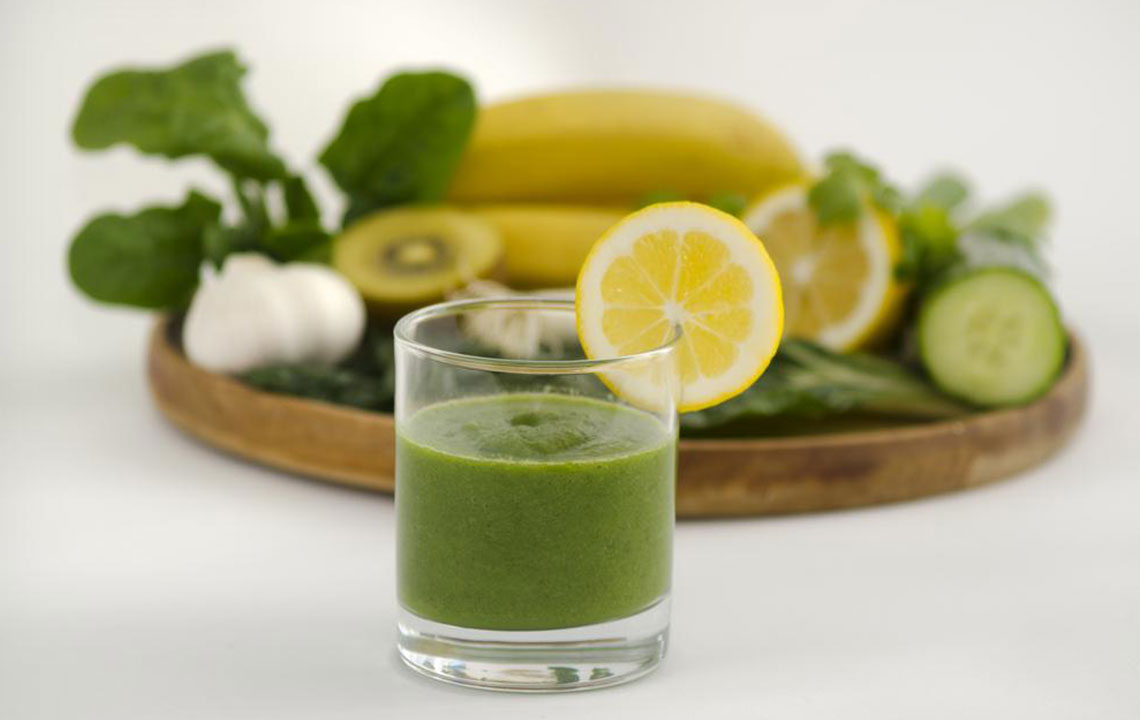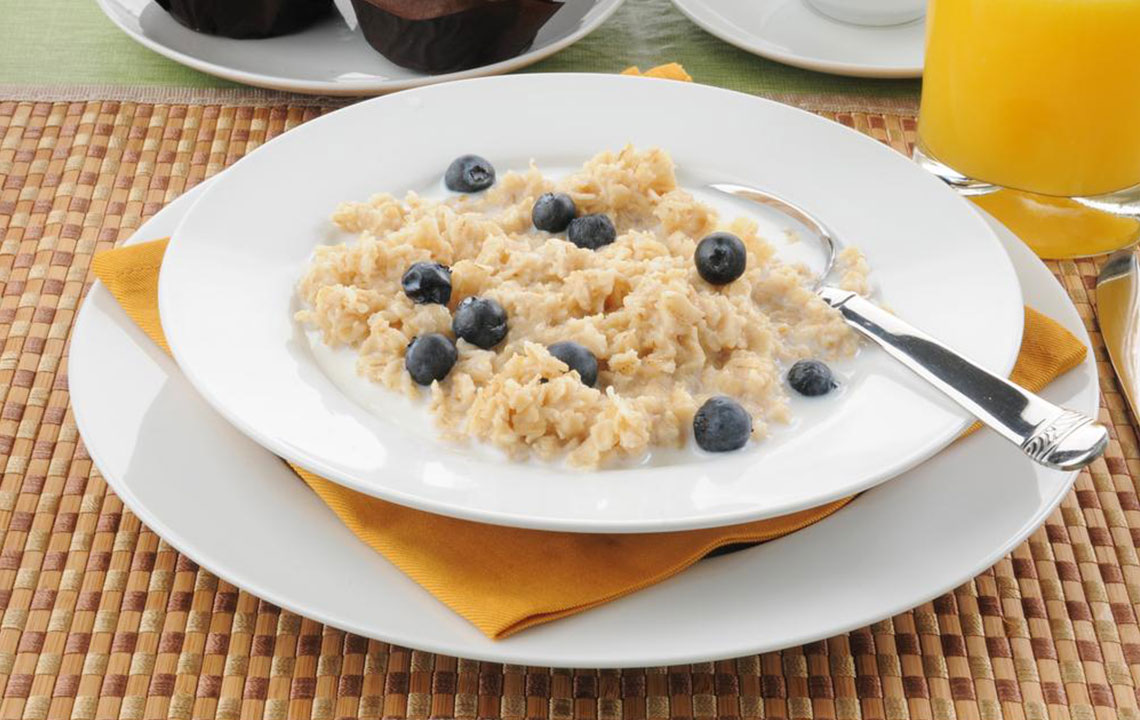Comprehensive Guide to High-Fiber Foods for Better Health and Wellness
Discover the comprehensive benefits of high-fiber foods and learn how to incorporate a variety of nutrient-rich options into your diet. This detailed guide highlights the importance of fiber for digestion, heart health, and overall wellness, providing practical tips and food choices to elevate your daily nutrition. Start boosting your health today with our expert advice on fiber-rich foods like legumes, whole grains, fruits, vegetables, nuts, and seeds for a balanced and beneficial diet.

Comprehensive Guide to High-Fiber Foods for Better Health and Wellness
Maintaining optimal health through proper nutrition is vital, and dietary fiber plays an indispensable role in supporting overall well-being. Fiber not only promotes healthy digestion but also contributes significantly to cardiovascular health, weight management, and blood sugar regulation. Despite its importance, many individuals fail to consume recommended amounts of fiber, leading to various health issues such as constipation, nutrient deficiencies, and increased risk of chronic diseases. Incorporating a diverse range of high-fiber foods into your daily diet can help address these concerns and pave the way for a healthier lifestyle.
Understanding the different types of dietary fiber—soluble and insoluble—is key to maximizing their benefits. Soluble fiber dissolves in water, forming a gel-like substance that aids in lowering cholesterol and stabilizing blood sugar levels. Insoluble fiber, on the other hand, does not dissolve and adds bulk to stool, facilitating regular bowel movements. Balancing these fiber types through various foods enhances digestion, maintains gut health, and improves overall bodily functions.
In this comprehensive guide, we explore a wide spectrum of high-fiber foods that can be seamlessly integrated into your daily meals. From legumes and whole grains to fruits, vegetables, nuts, and seeds, this list offers practical options to boost your fiber intake. Prioritizing these foods not only enhances digestion but also provides essential nutrients that support your immune system, energy levels, and metabolic health. Emphasizing quality and moderation ensures you get the maximum health benefits without gastrointestinal discomfort or other adverse effects.
Legumes — Nutrient Powerhouses
Legumes such as black beans, kidney beans, lentils, chickpeas, and broad beans are among the most fiber-dense foods available. Besides fiber, they are rich sources of plant-based protein, vitamins, and minerals like iron, magnesium, and folate. Regular consumption can improve gut health, regulate blood sugar, and reduce cholesterol. To enjoy their benefits while minimizing digestive discomfort, it’s advisable to introduce them gradually and cook them thoroughly.
Switching to Whole Grains — The Fiber-Rich Choice
Replacing refined grains with whole grains is a simple yet effective way to increase your dietary fiber intake. Whole wheat bread, brown rice, oats, barley, and quinoa are excellent options packed with fiber and nutrients. These foods support sustained energy release, improve digestion, and help maintain a healthy weight. Avoid processed or refined grains, which lack fiber and can contribute to blood sugar spikes and weight gain.
Leafy Green Vegetables — Essential for Gut and Overall Health
Dark, leafy greens such as spinach, kale, collard greens, arugula, and Swiss chard are rich in both soluble and insoluble fiber. They provide antioxidants, vitamins, and minerals that boost metabolism, enhance immune function, and support detoxification. Consuming greens raw in salads or smoothies preserves their fiber content and maximizes health benefits.
Fruits — Natural, Delicious Sources of Fiber
Fruits like apples, pears, berries, oranges, and kiwis are excellent natural sources of fiber. Their high water content supports hydration and digestion, while their natural sugars provide quick energy. Eating a variety of seasonal and tropical fruits ensures a broad spectrum of vitamins, antioxidants, and fiber, which collectively promote gut health, prevent constipation, and reduce inflammation.
Crucial Vegetables for Fiber and Nutrients
Colorful vegetables such as carrots, broccoli, sweet corn, sweet potatoes, and tomatoes add fiber and vital nutrients to your diet. Cooking methods matter; steaming or boiling preserves fiber content better than frying. Regular inclusion of vegetables in meals aids digestion, supports weight management, and provides antioxidants that combat oxidative stress.
Avocados — The Fiber and Heart-Healthy Fat Superfood
Avocados are exceptional for their high fiber content coupled with monounsaturated fats that promote heart health. A few slices daily can improve lipid profiles, reduce inflammation, and support overall wellness. Their creamy texture and versatility make avocados easy to incorporate into salads, sandwiches, or smoothies.
Berries — Antioxidant-Rich and Fiber-Packed Snacks
Foods like strawberries, blueberries, raspberries, and blackberries are low in calories but high in fiber and antioxidants. They help combat oxidative stress, improve gut flora, and support immune health. Incorporate berries into cereals, yogurt, or desserts for a nutritious, tasty boost.
Oatmeal — A Heart-Healthy Breakfast Choice
Oatmeal is renowned for its soluble fiber, beta-glucan, which can lower cholesterol and stabilize blood sugar levels. Enhance your breakfast with nuts, seeds, or fresh fruits to increase fiber and nutrient content. Regular oatmeal consumption can improve cardiovascular health and aid weight management.
Nuts and Seeds — Small but Mighty in Fiber and Nutrients
Almonds, chia seeds, flaxseeds, walnuts, and sunflower seeds provide a concentrated source of fiber, healthy fats, and plant-based proteins. Snacking on a small handful daily enriches your diet and supports satiety. Incorporate seeds into smoothies, cereals, or salads for added texture and nutrients. Remember, moderation is key to avoid excess calorie intake.
By consciously including these high-fiber foods in your daily routine, you can significantly improve digestion, support a healthy weight, enhance energy levels, and lower the risk of chronic diseases. Make fiber one of your dietary priorities today for a healthier, more vibrant life.





